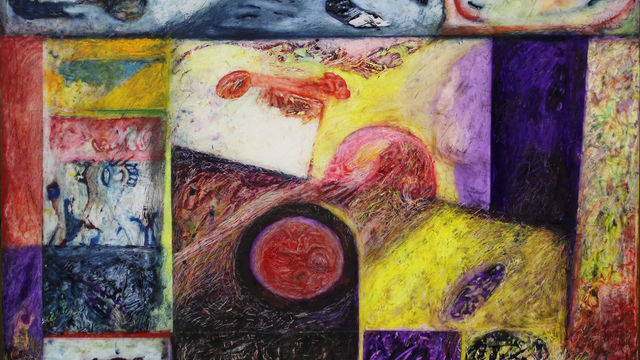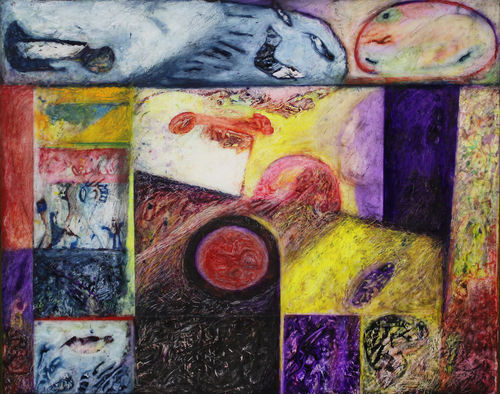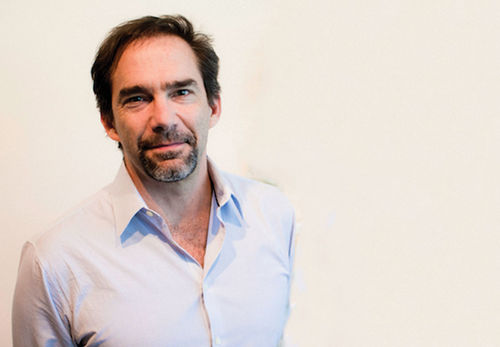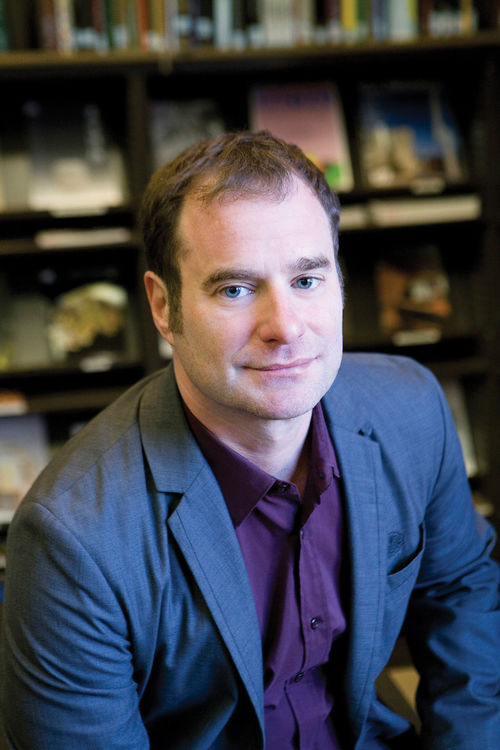
Richard Meyer & Lawrence Rinder
- This is a past program
Richard Meyer and Lawrence Rinder discuss the work of Joseph Holtzman, who often culls his subjects from popular culture and literature to create paintings that are abstract with hints of representational imagery which the artist associates with his sources.
BIOGRAPHIES
Richard Meyer, Robert and Ruth Halperin Professor in Art History, teaches courses in twentieth-century American art, the history of photography, arts censorship and the first amendment, curatorial practice, and gender and sexuality studies. His first book, Outlaw Representation: Censorship and Homosexuality in Twentieth-Century American Art, was awarded the Charles C. Eldredge Prize for Outstanding Scholarship from the Smithsonian American Art Museum. In 2013, he published What Was Contemporary Art?, a study of the idea of "the contemporary" in early twentieth-century American art, and, with Catherine Lord, Art and Queer Culture, a survey focusing on the dialogue between visual art and non-normative sexualities from 1885 to the present.
Lawrence Rinder is director of the University of California, Berkeley Art Museum and Pacific Film Archive. He has held positions at the Museum of Modern Art, Walker Art Center, and the Whitney Museum of American Art, where he was chief curator of the 2002 Biennial. Among the other exhibitions he has organized are In a Different Light (curated with Nayland Blake); The American Effect: Global Perspectives on the United States, 1990–2003; Tim Hawkinson; Galaxy: A Hundred or So Stars Visible to the Naked Eye; Create (curated with Matthew Higgs); and Barry McGee (curated with Dena Beard). He was the founding director of the Wattis Institute for Contemporary Arts at California College of the Arts, San Francisco, where he also served as dean. His writing on art has appeared in nest, Artforum, The Village Voice, Fillip, Atlantica, and Flash Art, among others. Art Life, a collection of his essays, was published by Gregory R. Miller in 2005. He has also published poetry, fiction, and a play, co-authored with Kevin Killian.
All Hammer public programs are free and made possible by a major gift from the Dream Fund at UCLA.
Generous support is also provided by Susan Bay Nimoy and Leonard Nimoy, Good Works Foundation and Laura Donnelley, an anonymous donor, and all Hammer members.
The Hammer’s digital presentation of its public programs is made possible by the Billy and Audrey L. Wilder Foundation.









